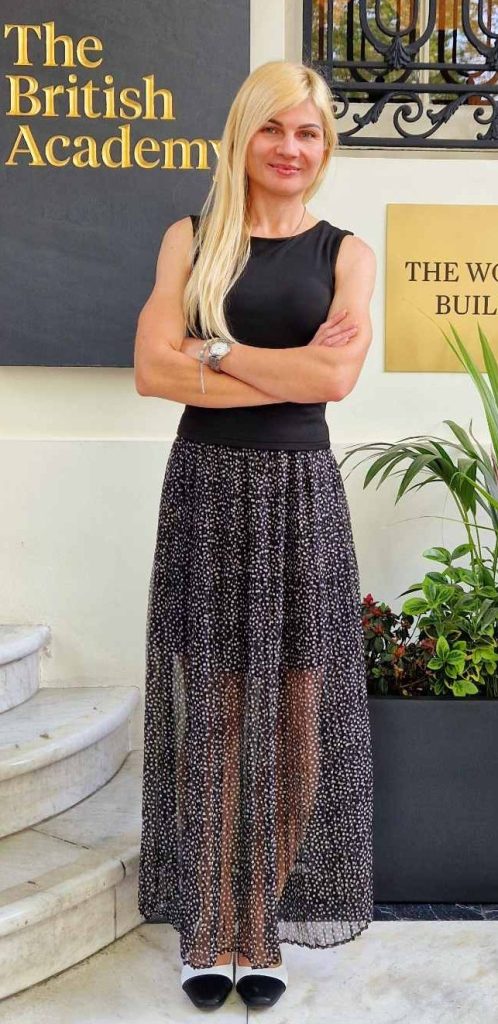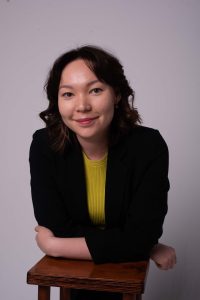Parliamentary Buildings as Contested Spaces in Georgia and Ukraine: Power, Protest, and Legitimacy from the Soviet Era to Post-Independence
RUCARR seminar with Lika Kobeshavidze
 Lika Kobeshavidze is a Georgian political writer and analytical journalist specialising in EU policy and regional security in Europe. She is currently based in Lund, Sweden, pursuing advanced studies in European Studies.
Lika Kobeshavidze is a Georgian political writer and analytical journalist specialising in EU policy and regional security in Europe. She is currently based in Lund, Sweden, pursuing advanced studies in European Studies.
Time: 3 June, 15:15-17:00
Place: Seminar room 9th floor, Niagara or online https://mau-se.zoom.us/j/62245882436
Abstract:
This thesis explores the changing symbolic meanings of parliamentary buildings in Georgia and Ukraine. It focuses on how these spaces evolved from symbols of Soviet authority to main sites of resistance and political struggle through protest movements. The study offers a comparative analysis of Georgia and Ukraine through six key events that illustrate the symbolic transformation of the parliament buildings: the Georgian language protests and the Helsinki Group movement during the late Soviet era (1978–1988), the independence movements of 1989–1991 in both countries; the Rose Revolution in Georgia (2003), and the Orange Revolution in Ukraine (2004). The thesis uses Most Similar Systems Design (MSSD) to compare Ukraine and Georgia, two countries that share a common Soviet past and similar experiences with mass protests, although the state response and course of the events differ in detail. The analysis focuses on Henri Lefebvre’s idea of space as socially produced and Pierre Bourdieu’s theory of symbolic power, combined with discourse analysis methods by Norman Fairclough and Teun van Dijk. These theoretical frameworks allow a detailed analysis of how the discourse of the population, the language of protest, and the collective perception influence the change in the symbolic meaning of these spaces. By focusing on both the discursive and physical aspects of protests, the thesis emphasizes that these buildings are more than administrative centers and that during specific events, they change their symbolic meaning through the discourse and actions of the protesters.




